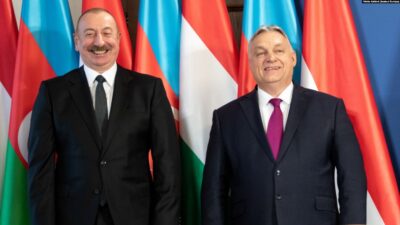By Edmond Y. Azadian
When the Turkmenchay Treaty was signed in 1828 between the Russian and Persian Qajar Empires, the Khanate of Yerevan, effectively Eastern Armenia, was ceded to Russia. Armenians celebrated the event as a liberation from Moslem rule. In reality, it was only a change of overlords. However, it was hailed by Khachatur Abovian in his epic novel, Wounds of Armenia, as a historic blessing.
The rulers of Christian Russia were relatively more tolerant than, let’s say, their Ottoman counterparts. But the word “relative” needs to be understood in its full implication here, as Armenians subsequently heard warnings by Russian officials that Russia needs Armenia without Armenians. Just one example of Russian tyranny was that Armenian church property was confiscated by a decree of the czar.
The attitude of the Russians towards the Armenians did not differ much from other colonial powers such as Britain looking down on indigenous peoples over whom they had control. That attitude is typically reflected by the great Russian poet Alexander Pushkin in his memoirs from Erzurum, denigrating Armenian common folk in the area, a disdain to be matched by the US Admiral Marc Bristol in his 1916 reports to Washington.
Even today, Armenians are bundled in with the rest of the Caucasus peoples and are treated as second-class citizens by Russia, accordingly.
Overall, Russian rule has proven historically more survivable than the Ottoman rule. That is why Armenian leaders have favored a Russian orientation since the days of the Israel Ori in the 17th century. However, the Russians have sold their Armenian brothers at any given juncture of history. One such major deal was struck in 1923 between Lenin and Ataturk, which sealed Armenia’s destiny and borders up to now.









